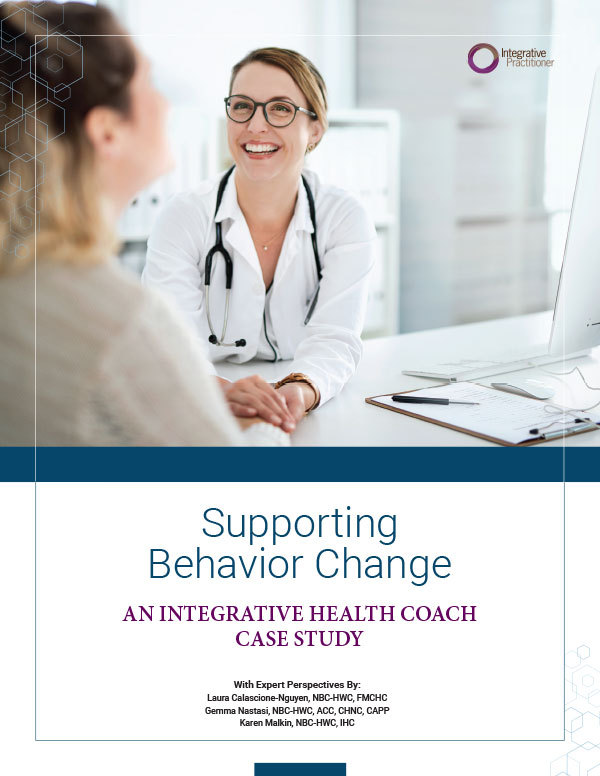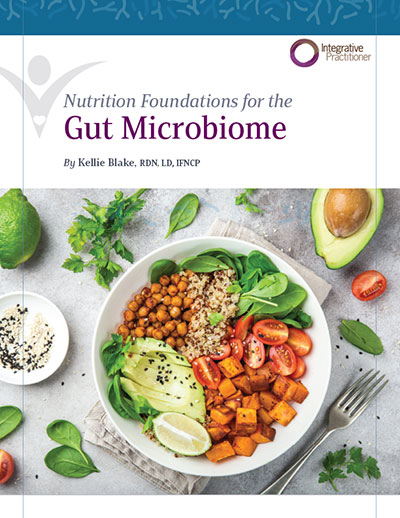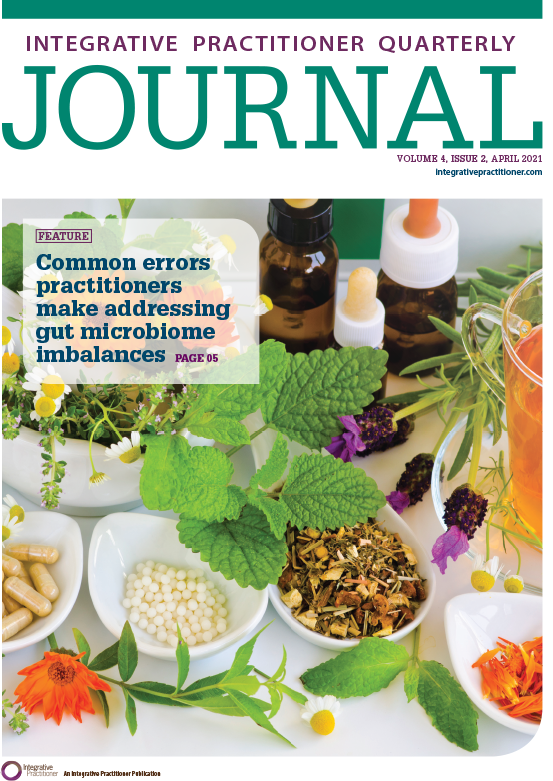Recent
July 23, 2024

A Pain Management Case Study: Continuing the Collaboration

Helping patients make impactful changes to their lifestyle can be both challenging and complex. In today’s healthcare landscape, many patients receive little to no support when faced with necessary behavior changes. Health coaches in the medical setting offer a variety of benefits, including a patient-centered approach that can help set individuals up for success.


Get access to all resources, the digital newsletter and community forum.

Presented by: Jeffrey Bland, PhD, FACN, FACB, CNS
Sometimes we can learn about the future by studying the past. With nutrition we might ask why certain diets, foods and nutrients have been associated in traditional cultures with long life and the absence of chronic disease. Is this all related to the genes of certain groups, or is it related to what they are eating and the lifestyles they have, or some combination of each? In this presentation, an exploration of this question will take the discussion to what we can learn from the past that will guide the development of personalized lifestyle healthcare in the future. The discussion will dive deep into the emerging understanding of the etiology of age-related chronic diseases and the biology of senescence. A takeaway from this presentation will be how better to understand and clinically apply the principles of nutrigenomics and nutritional epigenetics.

Scientific Update on the Omnipresent Vitamin, K2-7

Integrative Practitioner is pleased to offer the Complete Conference Package, featuring all session recordings from the at the 2023 Integrative Healthcare Symposium in New York City. Watch and listen on your own schedule as the most sought-after practitioners, researchers, and educators of integrative healthcare offer their latest research and findings. Stay on the cutting edge of integrative healthcare and discover the latest practical applications to immediately enhance your practice.

Presented by: Josh Axe, DNM, DC, CNS
One major point people make when rejecting the benefits of Traditional Chinese Medicine (TCM) or Ayurveda is that there are few “gold-standard” studies that sufficiently prove their benefits. But for those of us who understand the practices, TCM and Ayurveda will never be effectively proven this way—they are based on an entirely different concept than nutrient isolations and randomized trials. By considering a person as a unique individual and using available resources to determine his or her needs, you can implement this system as a powerful tool in helping patients achieve total wellness by assigning them the specific herbs, therapies and dietary instructions that relate to their specific body and environment.

The gut microbiome has taken center stage in integrative medicine over the last several years. Microbes surround every tissue and cell inside and outside the body, and humans possess more microbial cells than they do human cells. The microbes contained on and within us are instrumental in literally every aspect of life and health, and contribute to processes such as immune defense, energy production, and metabolism.
In this comprehensive foundational guide, author Kellie Blake, RDN, LD, IFNCP, delves in to how gut microbes affect health, what nutrition and lifestyle-related factors can help or harm the gut, and actionable steps for improving gut microbiome balance.

This issue highlights the gut microbiome, with the latest research, case studies, and patient protocols. Included in this issue: